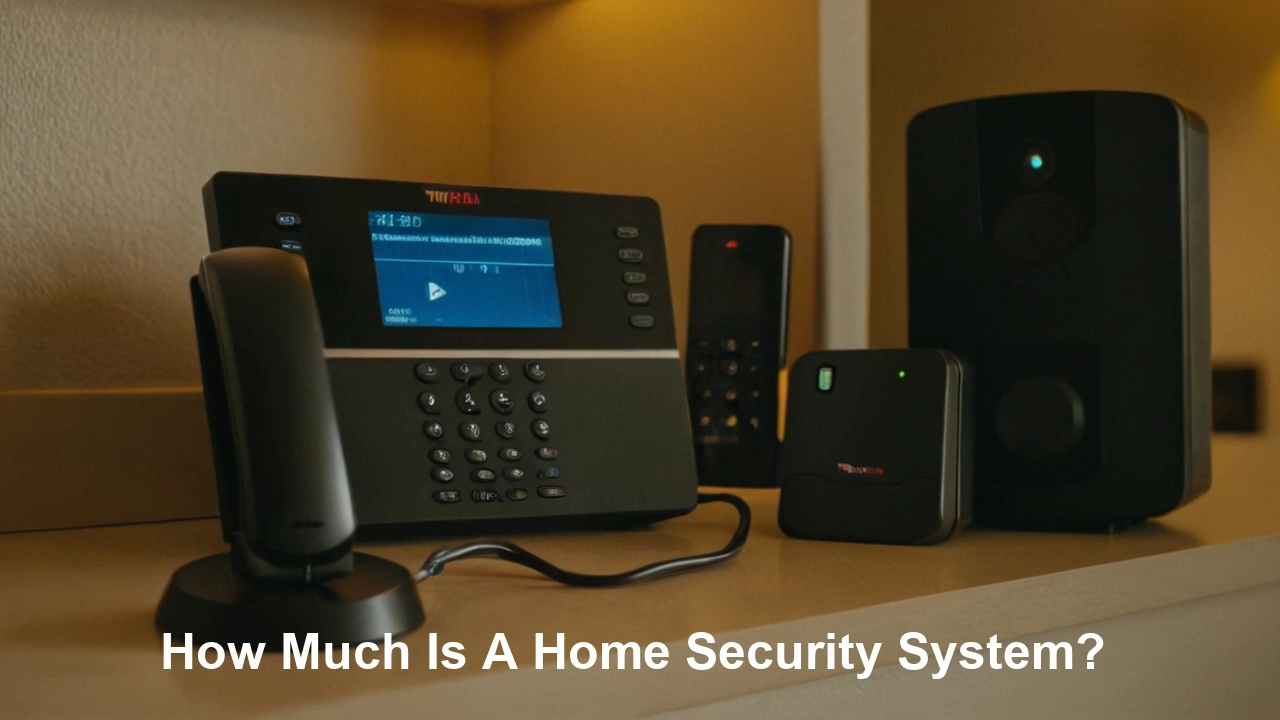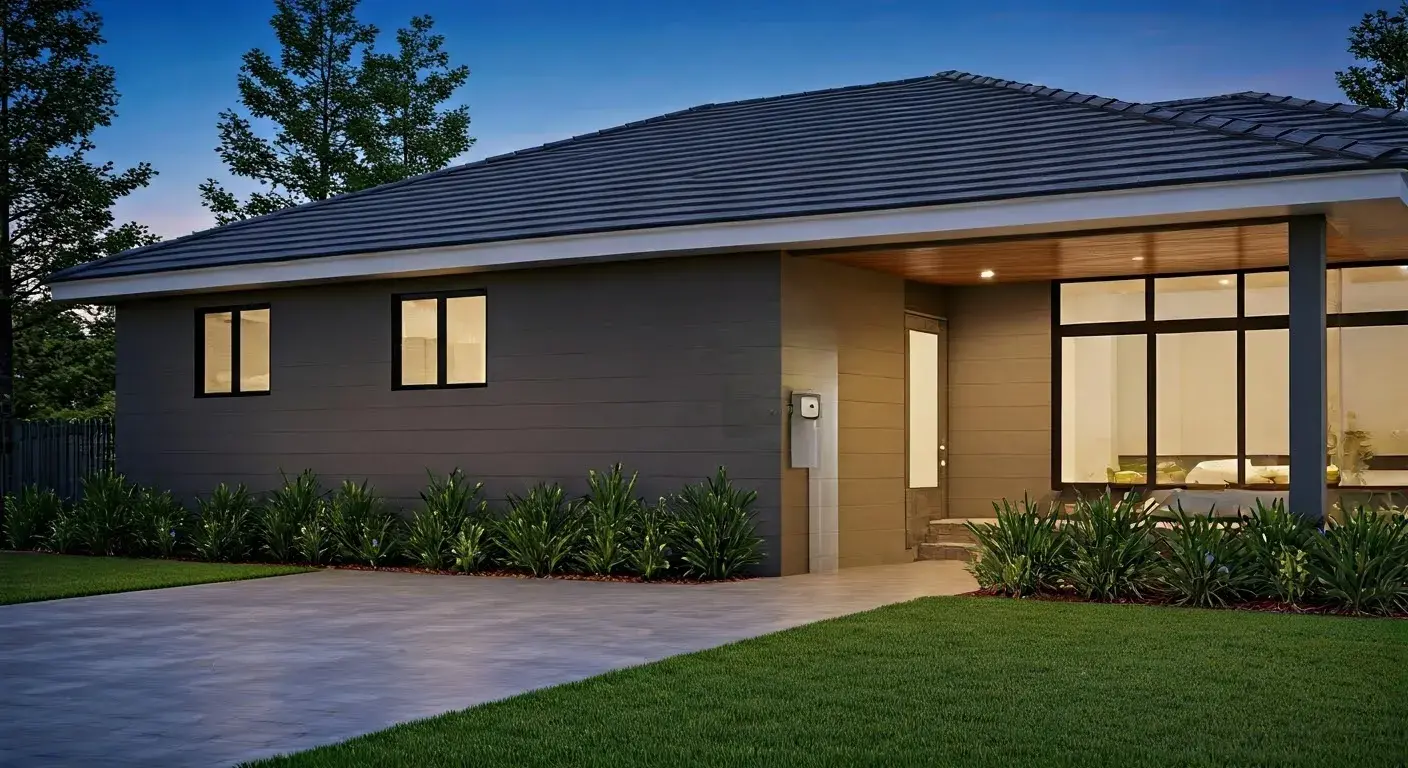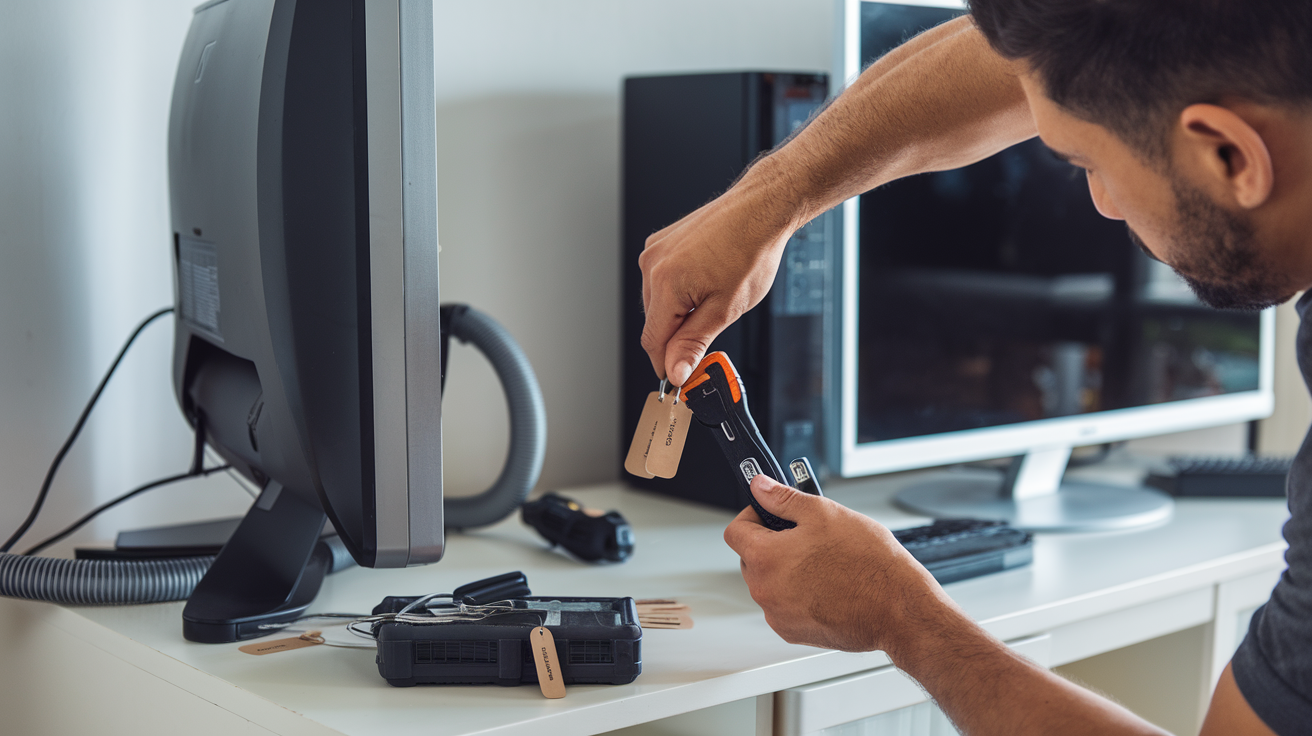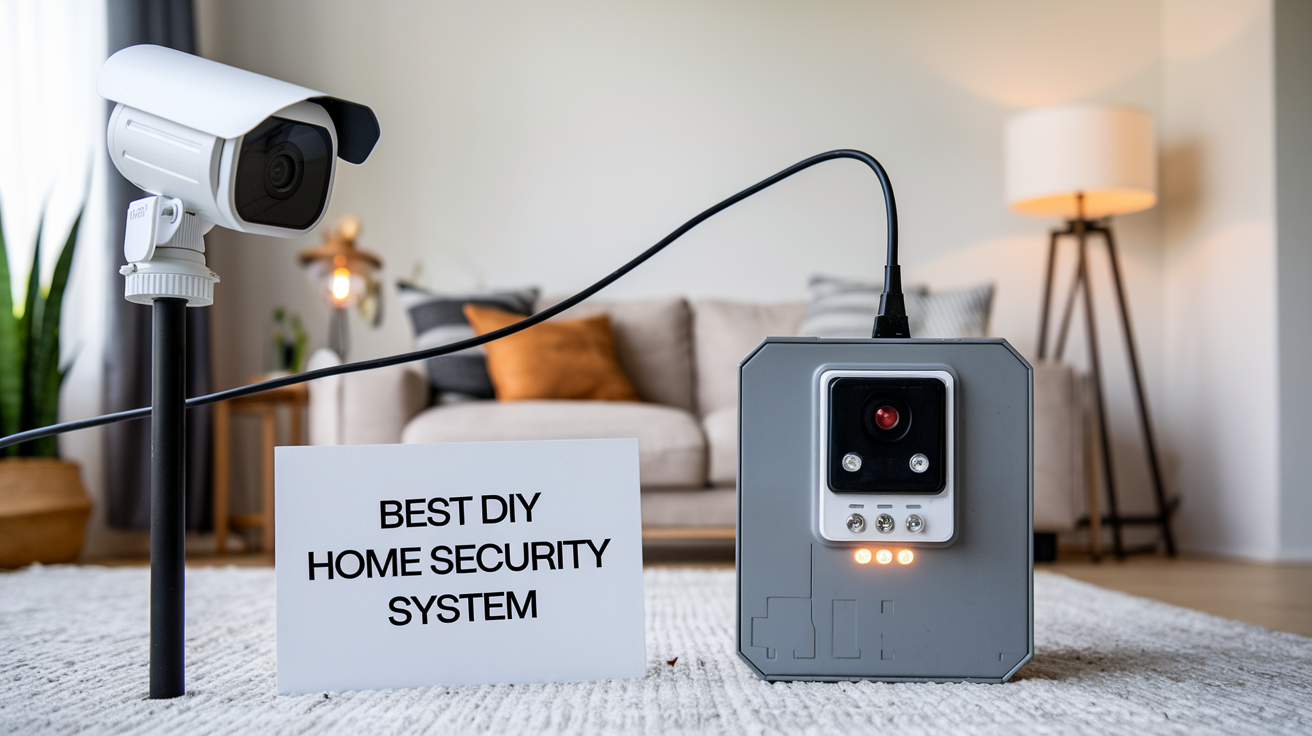In an era where technology plays a pivotal role in our daily lives, ensuring the safety of our homes has become a top priority for many homeowners. Home Security Systems have emerged as a reliable solution to protect against potential threats such as burglaries, vandalism, and other criminal activities. However, before delving into the intricacies of how much a home security system costs, it is essential to understand the various components, benefits, and considerations associated with these systems.
Components of a Home Security System:
-
Control Panel: The control panel is the brain of the home security system. It connects all the components and communicates with the monitoring center.
-
Sensors: Sensors include door/window sensors, motion detectors, and glass break sensors. These devices trigger the alarm when unusual activity is detected.
-
Cameras: Surveillance cameras are a vital component, offering visual monitoring of your property. They come in various types, including indoor, outdoor, wired, and wireless.
-
Alarms: Alarms, whether sirens or notifications, alert you and potentially scare off intruders when a security breach is detected.
-
Monitoring Services: Many security systems offer professional monitoring services, where a team monitors your system 24/7 and responds to alarms.
-
Smart Home Integration: Modern security systems often integrate with smart home devices, allowing homeowners to control and monitor their security systems remotely.
Factors Influencing Home Security System Costs:
-
Type of System: Basic security systems may only include alarms and sensors, while more advanced systems incorporate surveillance cameras, smart home integration, and professional monitoring.
-
Installation Method: DIY (do-it-yourself) systems are typically more affordable than professionally installed ones. However, professional installation ensures proper setup and reduces the risk of errors.
-
Monthly Monitoring Fees: If you opt for professional monitoring services, expect to pay a monthly fee. Prices vary based on the level of service and the provider.
-
Equipment Costs: The type and number of devices you choose significantly impact the overall cost. High-quality cameras and advanced sensors may come with a higher price tag.
-
Smart Home Integration: Systems that seamlessly integrate with other smart home devices may cost more due to the added convenience and features.
Benefits of Home Security Systems:
-
Crime Deterrence: Visible security systems act as a deterrent, dissuading potential intruders and burglars.
-
Remote Monitoring: Modern security systems offer remote monitoring, allowing homeowners to check on their property in real-time using smartphones or other devices.
-
Quick Emergency Response: Professional monitoring services ensure a rapid response in case of an emergency, such as a break-in or fire.
-
Reduced Homeowner's Insurance: Installing a Security System can lead to reduced homeowner's insurance premiums, as insurers view it as a proactive measure to mitigate risks.
-
Peace of Mind: Knowing that your home is equipped with a reliable security system provides peace of mind, especially when you are away.
-
Integration with Smart Home Devices: Many security systems integrate with smart home devices, allowing for seamless automation and control.
Considerations When Choosing a Home Security System:
-
Property Size: The size of your property influences the number and type of security devices needed. Larger properties may require more cameras and sensors for comprehensive coverage.
-
Budget: Establish a budget based on your priorities and needs. Consider the long-term costs, including monthly monitoring fees.
-
DIY vs. Professional Installation: Decide whether you prefer a DIY installation for cost savings or a professional installation for convenience and expertise.
-
Monitoring Options: Evaluate monitoring options, including self-monitoring or professional monitoring. The latter offers 24/7 surveillance and quick response in emergencies.
-
Integration with Smart Home Devices: If you have existing smart home devices, choose a security system that seamlessly integrates with your current setup.
-
Customer Reviews and Ratings: Research customer reviews and ratings for different security systems and providers to gauge reliability and customer satisfaction.
Conclusion:
Investing in a home security system is a proactive step toward safeguarding your property, belongings, and loved ones. The cost of a home security system varies based on factors such as the type of system, installation method, and ongoing monitoring services. While the initial investment may seem significant, the benefits, including crime deterrence, remote monitoring, and peace of mind, outweigh the costs for many homeowners. Careful consideration of your property's specific needs, budget, and preferences will help you choose the right home security system that provides the level of protection you desire.






